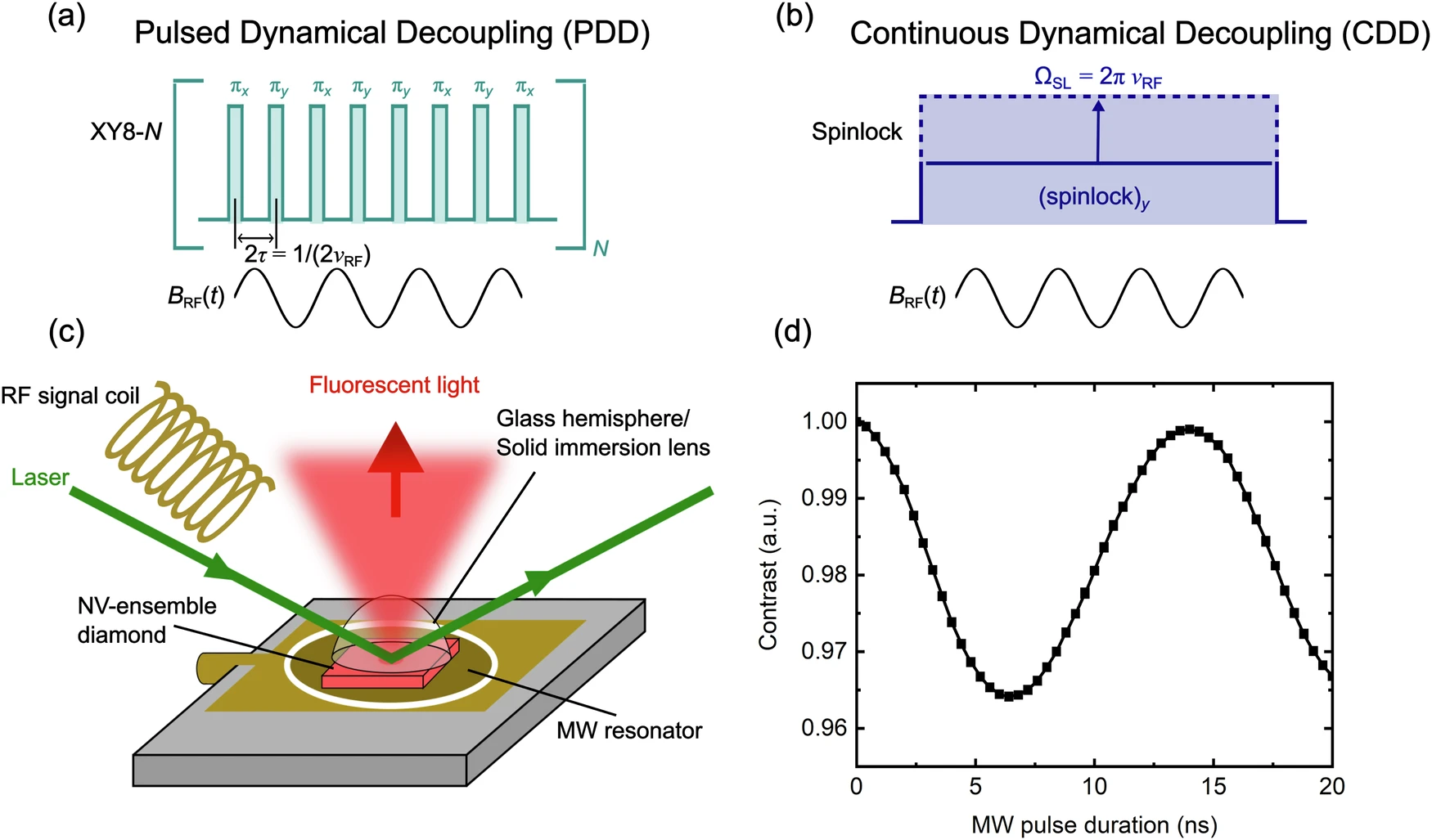Researchers at California Institute of Technology recently introduced a new method that can be used to predict multiple properties of complex quantum systems from a limited number of measurements.
The first step toward the development of more advanced machines based on quantum-mechanical processes is to gain a better understanding of how current technologies process and manipulate quantum systems and quantum information. The standard method for doing this, known as quantum state tomography, works by learning the entire description of a quantum system. However, this requires an exponential number of measurements, as well as considerable computational memory and time.
As a result, when using quantum state tomography, machines are currently unable to support quantum systems with over tens of qubits. In recent years, researchers have proposed a number of techniques based on artificial neural networks that could significantly enhance the quantum information processing of machines. Unfortunately, however, these techniques do not generalize well across all cases, and the specific requirements that allow them to work are still unclear.
By combining statistical learning and unitary t-design theory, the researchers were able to devise a rigorous and efficient procedure that allows classical machines to produce approximate classical descriptions of quantum many-body systems. These descriptions can be used to predict several properties of the quantum systems that are being studied by performing a minimal number of quantum measurements. (Phys.org)
The paper has been published in Nature Physics.



